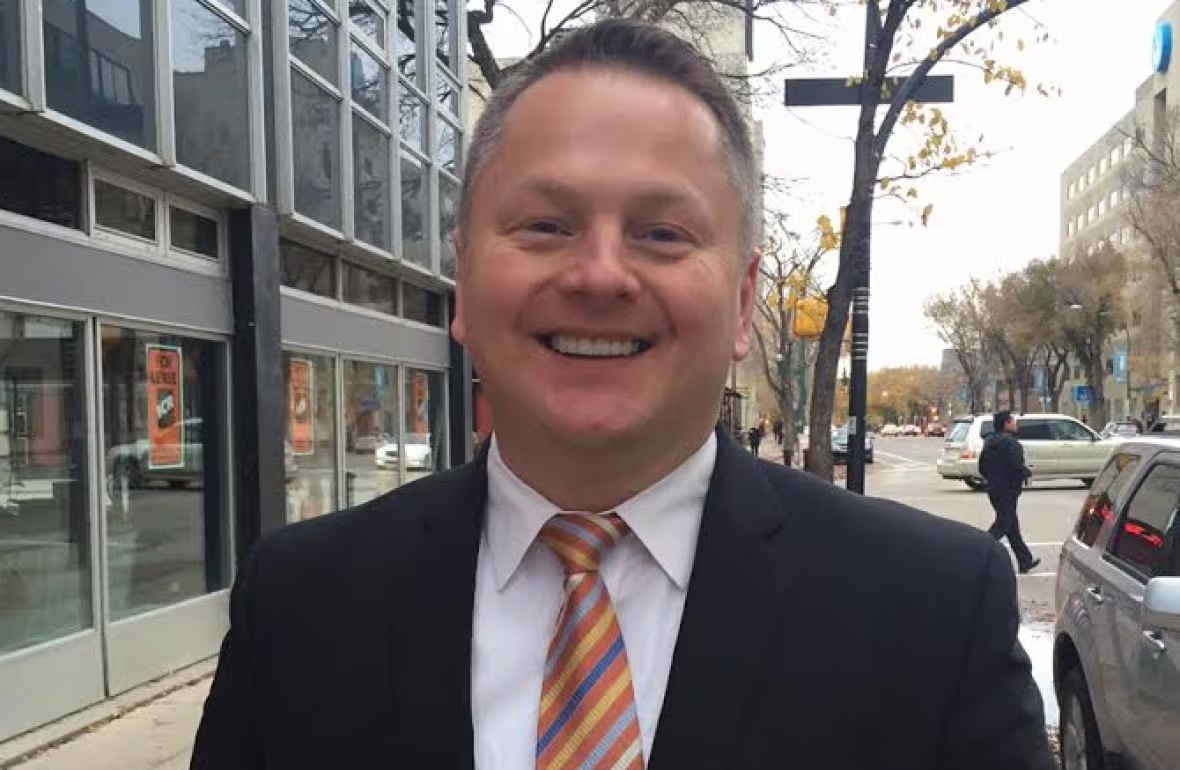Talent scouting at Remai Modern hampered by Saskatoon residency rule: ex-chair
'As an institution, we need to reach out to Canada,' says Alain Gaucher
The former chair of Saskatoon's Remai Modern Art Museum says the city needs to relax its rules about who should be allowed to run the museum.
The city currently bars people who don't live in Saskatoon from sitting on the museum's 14-person board of directors.
"As an institution, we need to reach out to Canada," a city report notes Alain Gaucher as saying a month before his March exit as board chair.
"[The] policy requiring board members to be residents of the city puts the board at a disadvantage and at risk of not meeting business objectives."
Gaucher told a city subcommittee that the number of board members should be expanded to 16, and that four of those members should be out-of-towners.
Such members — who would still need to be approved by city councillors — would help "to obtain skills such as expertise from a national gallery (eg. Toronto) and senior executives from financial institutions that could access associates for gifts and sponsorships," Gaucher is noted as saying.
'Would be money well invested'
Remai Modern went over budget by at least $2.5 million and is under pressure to perform well financially in its first year.
The city noted last fall in its 2018 budget that "the operating budget requires 45 per cent of revenues be self-generated, including significant sponsorship and fundraising targets, which will continue to be a challenge."
If cost is an issue, Gaucher said, "we could teleconference [the out-of-towners] in to meetings."
"[The] cost to have them attend meetings can't be measured given the significant contribution they would provide to the board. [It] would be money well invested." (Board members are unpaid.)
"Deficits would come back to the city if we cannot achieve our business plan."
Gaucher declined to comment to CBC News and directed inquiries to the board's new chair, Scott Verity, who could not be reached for comment.
Gaucher himself was exempted from the residency rule last year when he moved to the Rural Municipality of Corman Park. Verity lives in Saskatoon, according to his Facebook page.

Daren Hill, a city councillor, doesn't think the city should follow Gaucher's advice.
Hill says the board should think of other ways to tap into the needed expertise, such as creating a board of governors that could conference call with the board of directors on a quarterly basis.
"I find those comments a little concerning because they have an extremely large resource development team at Remai Modern and I would expect that within that group, there should be some expertise or knowledge on how to reach out or engage other organizations across the globe for those fundraising efforts," he said.
Low Indigenous representation
Gaucher's comments were made during an over-the-phone interview with the city's Leadership Team Governance Subcommittee.
That committee is looking at potential changes to how the boards for Remai, plus other city-owned assets like TCU Place and SaskTel Centre, are run.
The committee also points up the low number of Indigenous members on those boards.
"[The] Aboriginal community is underrepresented" on the SaskTel Centre board while "there is no First Nations representation" on the board for TCU Place, the committee notes.
-
Joke about 'Indian with STDs' at Broncos tribute concert stings Indigenous attendees
-
Remai Modern defends artist whose Indigenous heritage has been questioned
As for Remai: while the majority of its board members are women and the board includes one Muslim person and a First Nations member, "the residency requirement also hurt our efforts to appoint First Nations candidates that may live on reserves outside the city," the committee notes Gaucher saying.
"I can't understand his comments just with respect to Indigenous members," said Hill. "We have a significant Indigenous population within the city limits that are residents here and we've seen Indigenous people engaged in that in a number of our committees and groups.
"So maybe they haven't done their due diligence to shoulder tap people to consider being on that board."
Read notes on the responses from Gaucher and the people who chair the boards for SaskTel Centre and TCU Place below.
(PDF KB)
(Text KB)CBC is not responsible for 3rd party content

